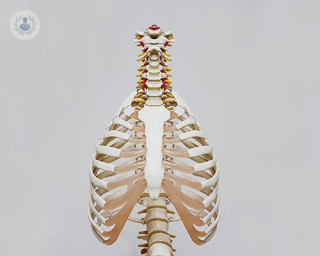
Written by Top Doctors
GP (general practitioner)
Weight management from a GP's perspective
Weight management is an essential component of maintaining overall health and preventing chronic conditions. GPs often serve as the first point of contact for individuals seeking help with weight-related concerns, offering guidance, personalised plans and access to various treatments. Here to provide a detailed look at weight management is leading private GP/doctor Mr Jack Ogden.











